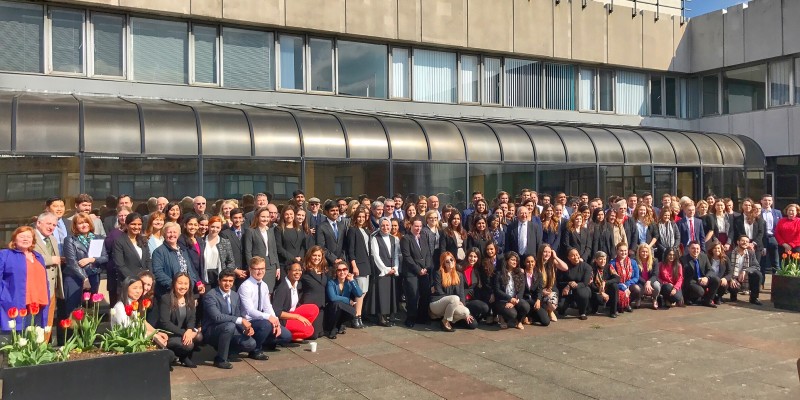What’s Wrong with Trust and Respect?
This post riffs on Elvis Costello’s “What’s So Funny Bout Peace, Love and Understanding?” to probe the usefulness of the words “trust” and “respect” in mediation. Invitation Mediators the world over are taught to invite their clients to speak. We’re not there to tell people what to do; rather to ask them what they want…



